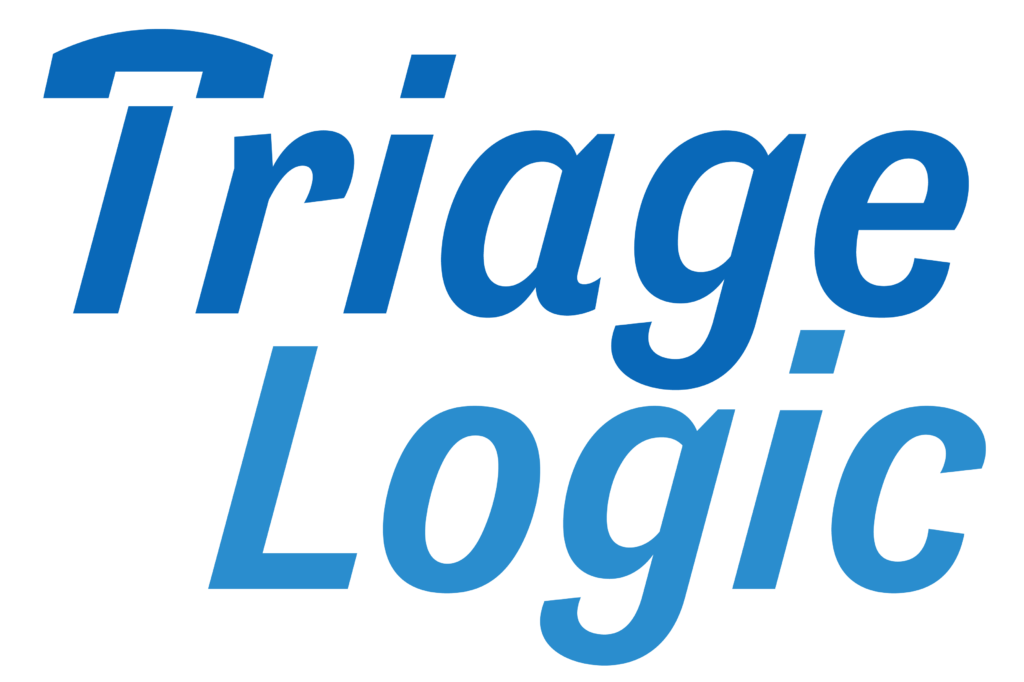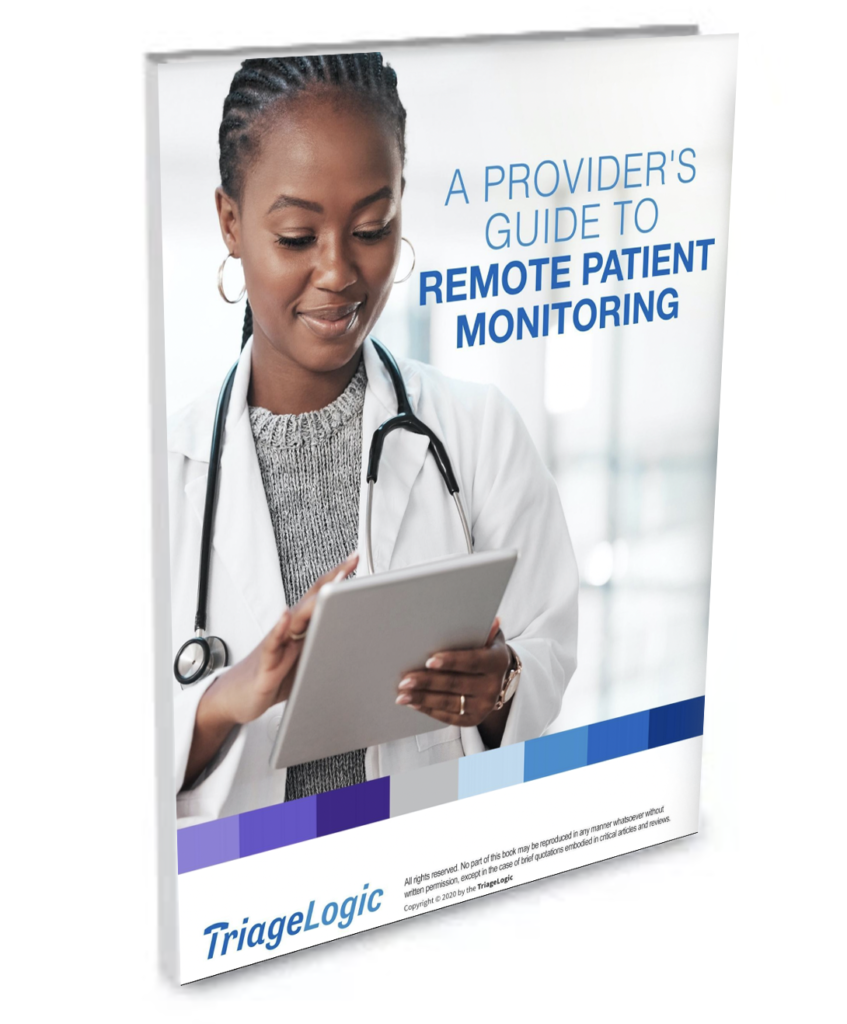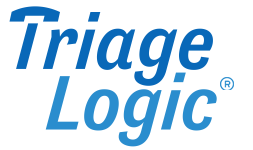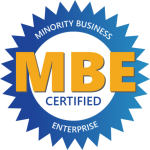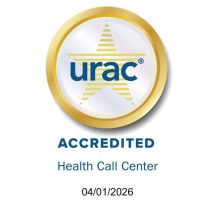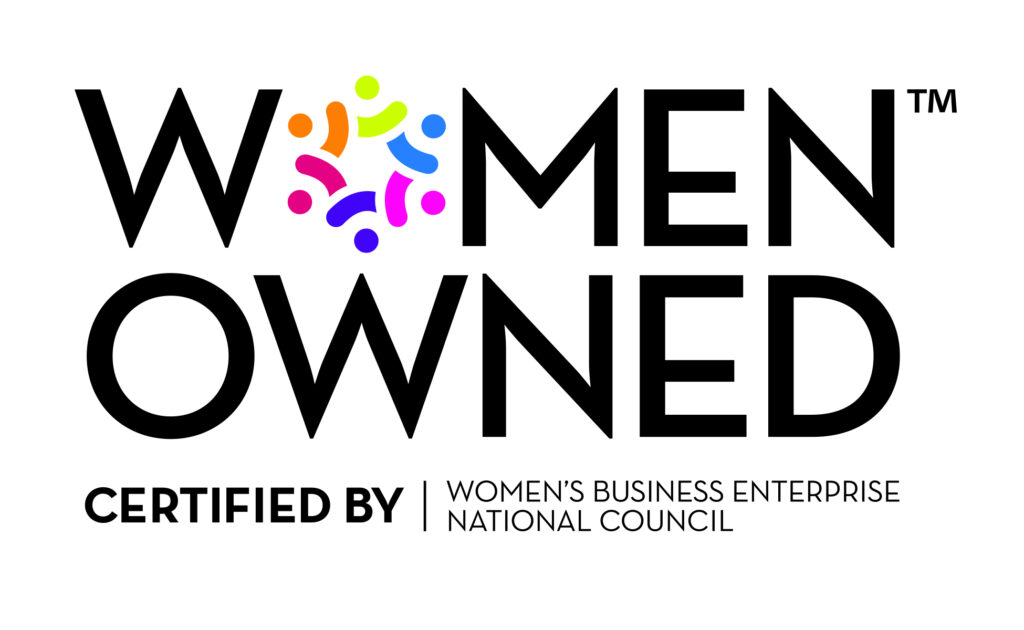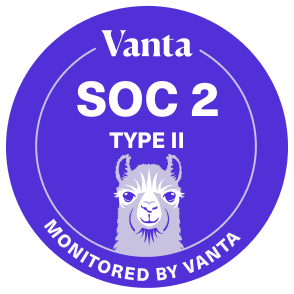By Charu Raheja, PhD
In modern times, people demand quick access to information and services. Medical care is no different. More and more patients and medical practices are turning to the telephone to communicate health information and care instructions, which, when used correctly, can be a safe, effective and beneficial option for both the patient and physician. However, unlike office visits, there is often a lack of documentation of the communication between the health care provider and patient. If there is a misunderstanding or a negative patient outcome, this can lead to malpractice suits against physicians.
In 2007, a group of physicians and risk managers reviewed the cases of 32 telephone-specific malpractice suits. In this review, which was published in the Journal of General Internal Medicine, it was discovered that 60% of the malpractice claims examined were in favor of the patient largely due to errors made over the phone. It was also determined that the leading types of miscommunication in the telecare cases were poor patient documentation and defective triage. Specifically, not taking a complete medical history and a lack of awareness of previous calls led to the telephone medicine errors found.
The effects of poor record keeping
Documenting patient phone calls is a step that is easily and frequently overlooked in the medical office or after hours. Busy clinicians and office staff are often rushed and sometimes handle phone calls without documenting all the details. Patients are sometimes forced to call back to get what they need when messages are dropped due to poor record keeping. This is frustrating for the patient and the person taking the call, and also could result in delayed or overlooked care.
Making careful patient documentation over the phone is a vital step to ensuring the best in patient care and to protecting your practice from malpractice allegations. According to the previously mentioned review, the most frequent allegations in telephonic medicine malpractice suits were failure to diagnose, inattentive treatment, injury and death. A common factor among most of the cases contained inadequate or missing documentation, pointing to the importance of proper documentation. Unless you record your telephone calls with patients, there really are no other records of your interaction and can leave you with liability without proof.
What can nurse triage do to decrease tele-care errors?
While physicians are certainly experts at what they do, during the day it is impossible for them to talk to every caller while still attending to their patients with appointments. In addition, after hours, when they are away from the office, it is difficult to document every phone call.
Having a nurse triage system in the office such as the MyTriageChecklist™ that utilizes standardized protocols and patient documentation tools during the day can decrease the burden on the providers while safely taking care of patients. When the office closes, a highly trained and dedicated nurse triage center can help get patients to the proper level of care at the correct location at the right time and document the interaction (see Nurse Triage on Call™).
Although the nurses do not diagnose patients, they do gather relevant information including a detailed medical history from the patient, pair signs and symptoms with the proper protocol and disposition, and offer professional insight to patients as appropriate.
Just some of the benefits of using a nurse triage include:
- A reduction in unneeded repeat calling
- A reduction in unnecessary clinic visits
- An increase in compliance rates
- Increased patient satisfaction
- Accurate and adequate documentation of all communication with patients
This is good for patients because they receive better customer service and efficiency of care. The benefit for physicians is smoother communication between patients and health care providers, and a tangible record in case anything comes up again in the future.
About the author:
Charu G. Raheja, PhD is the CEO and Chair TriageLogic
Charu.raheja@triagelogic.com
What to read next: Benefits of Secure Medical Text Messaging in a Nurse Triage System

